Skjalg Lepsøy
Learning Sparse Neural Networks via Sensitivity-Driven Regularization
Oct 28, 2018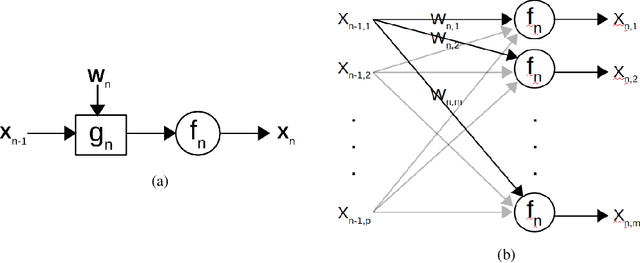
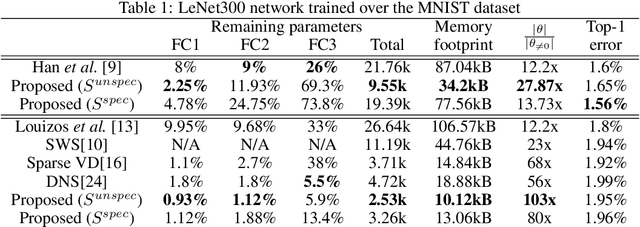
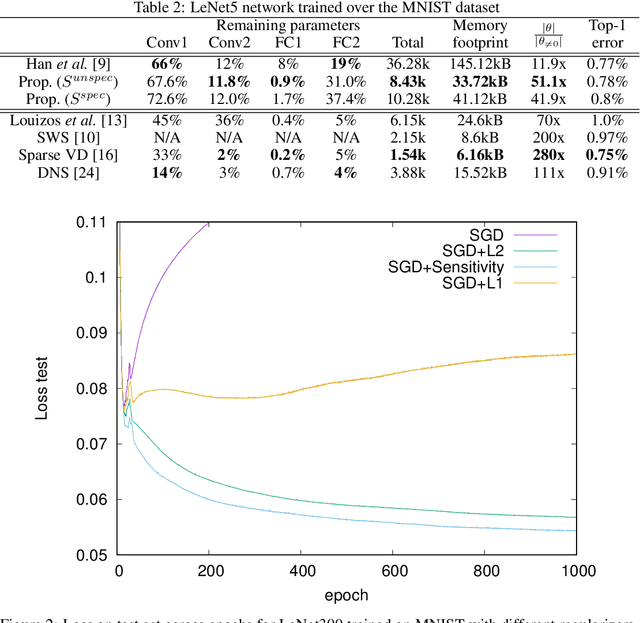

Abstract:The ever-increasing number of parameters in deep neural networks poses challenges for memory-limited applications. Regularize-and-prune methods aim at meeting these challenges by sparsifying the network weights. In this context we quantify the output sensitivity to the parameters (i.e. their relevance to the network output) and introduce a regularization term that gradually lowers the absolute value of parameters with low sensitivity. Thus, a very large fraction of the parameters approach zero and are eventually set to zero by simple thresholding. Our method surpasses most of the recent techniques both in terms of sparsity and error rates. In some cases, the method reaches twice the sparsity obtained by other techniques at equal error rates.
Fast Training of Convolutional Neural Networks via Kernel Rescaling
Oct 12, 2016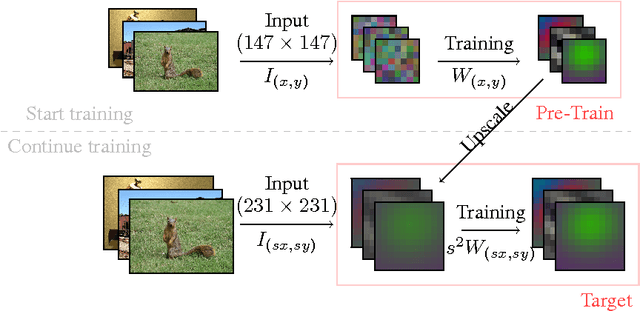
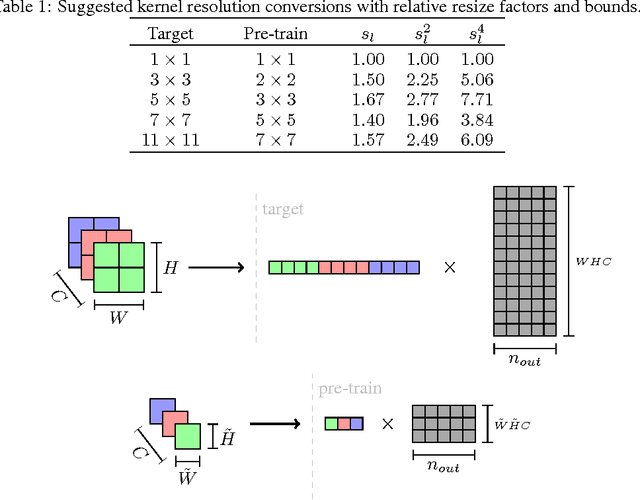

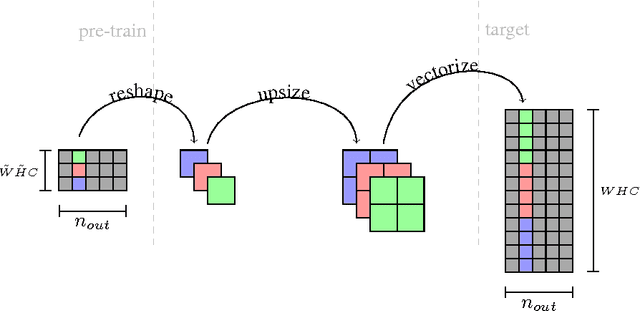
Abstract:Training deep Convolutional Neural Networks (CNN) is a time consuming task that may take weeks to complete. In this article we propose a novel, theoretically founded method for reducing CNN training time without incurring any loss in accuracy. The basic idea is to begin training with a pre-train network using lower-resolution kernels and input images, and then refine the results at the full resolution by exploiting the spatial scaling property of convolutions. We apply our method to the ImageNet winner OverFeat and to the more recent ResNet architecture and show a reduction in training time of nearly 20% while test set accuracy is preserved in both cases.
 Add to Chrome
Add to Chrome Add to Firefox
Add to Firefox Add to Edge
Add to Edge